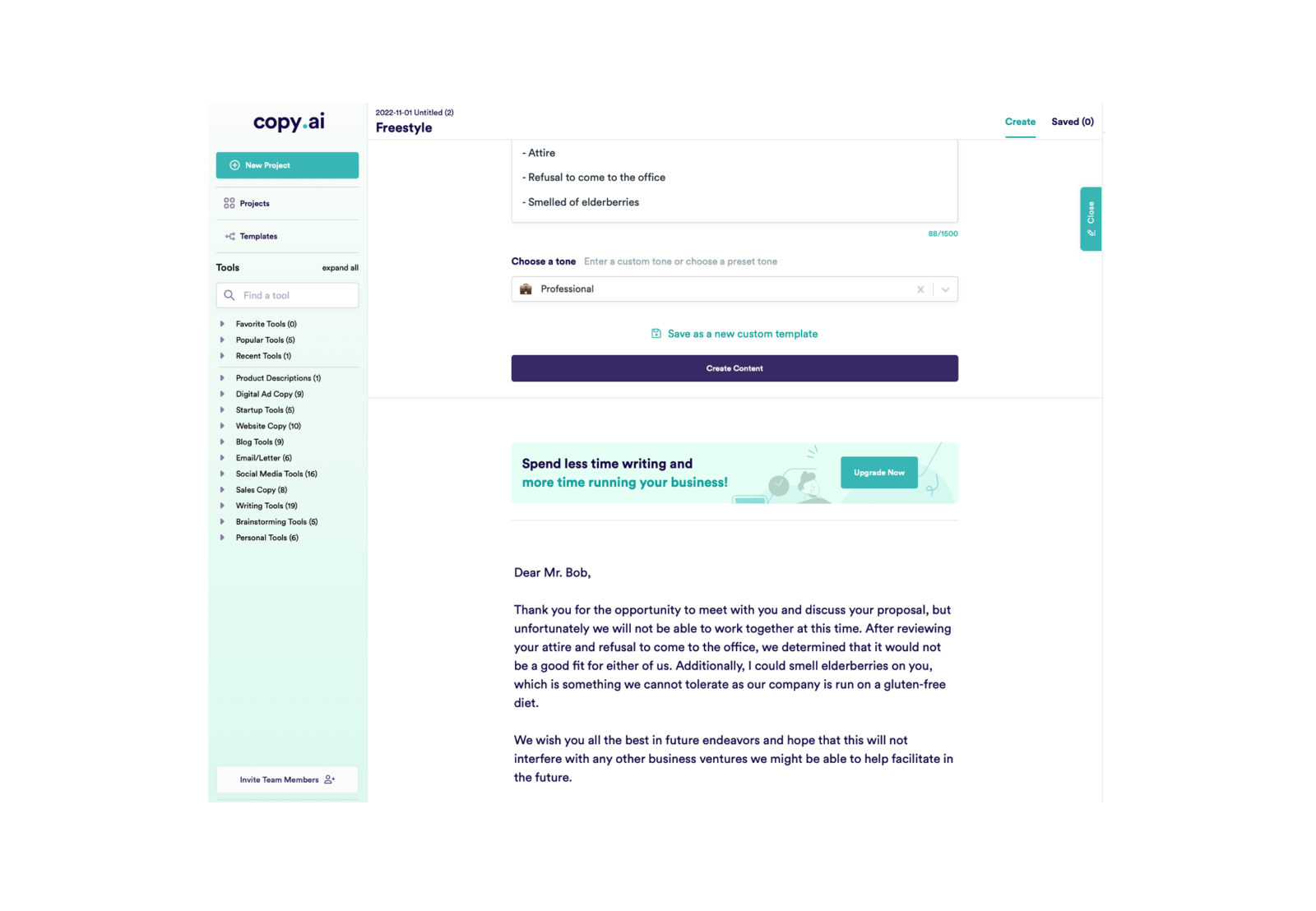
Empowering Legal Drafting: The Impact of Artificial Intelligence
Artificial Intelligence (AI) has become a transformative force in various industries, and the legal sector is no exception. In particular, AI’s role in legal drafting has revolutionized the way legal professionals create and review documents. This article delves into the significant impact of AI in legal drafting, exploring its benefits, applications, and the future it promises.
The Evolution of Legal Drafting with AI
Legal drafting involves the creation and preparation of legal documents, contracts, and agreements. Historically, this process relied heavily on manual efforts, consuming significant time and resources. With the integration of AI, the landscape of legal drafting has evolved, introducing efficiency, precision, and a new level of automation.
Precision and Accuracy in Document Creation
AI in legal drafting brings a level of precision and accuracy that is unparalleled. Natural Language Processing (NLP) algorithms analyze vast amounts of legal data, identifying patterns and language nuances. This enables AI systems to generate documents with a high degree of accuracy, reducing the likelihood of errors and inconsistencies.
Automated Contract Generation and Review
One of the standout applications of AI in legal drafting is the automation of contract generation and review. AI-powered systems can quickly analyze contract terms, identify potential risks, and suggest revisions. This not only expedites the drafting process but also ensures that legal documents align with regulatory requirements and best practices.
Enhanced Efficiency and Time Savings
The efficiency gains brought by AI in legal drafting are significant. Tasks that traditionally took hours or days can now be completed in a fraction of the time. Legal professionals can focus on more strategic aspects of their work, confident that AI tools handle routine drafting tasks swiftly and accurately.
Customization and Tailored Solutions
AI in legal drafting offers customization capabilities, tailoring documents to meet specific needs and requirements. Legal professionals can input parameters and preferences into AI systems, allowing for the generation of documents that align precisely with the unique circumstances of a case or transaction.
Reducing Legal Friction and Disputes
By enhancing the accuracy of legal documents, AI contributes to reducing legal friction and disputes. The precise language generated by AI systems minimizes ambiguity and ensures that contracts are drafted with clarity. This proactive approach helps prevent misunderstandings that could lead to disputes down the line.
Overcoming Language Barriers and Complexity
AI’s language translation capabilities are valuable in the context of international legal drafting. It can assist in overcoming language barriers, ensuring that legal documents are accurately translated and maintain their intended legal meaning. Additionally, AI can simplify complex legal language, making documents more accessible and understandable.
Integrating AI into Existing Legal Workflows
Successful adoption of AI in legal drafting involves seamless integration into existing legal workflows. Legal professionals need to familiarize themselves with AI tools and incorporate them into their processes effectively. This integration ensures a collaborative and synergistic relationship between human expertise and AI capabilities.
Ethical Considerations and Accountability
As AI takes a more prominent role in legal drafting, ethical considerations and accountability come to the forefront. Legal professionals must be aware of the ethical implications of using AI in their practice, including issues related to bias, transparency, and accountability. Responsible AI usage requires ongoing monitoring and adherence to ethical guidelines.
Future Trends and Continuous Advancements
The future of AI in legal drafting is marked by continuous advancements and evolving capabilities. Predictive analytics, machine learning, and improved natural language processing are expected to further enhance AI’s role in legal document creation. Legal professionals embracing these innovations stand to benefit from a more streamlined and efficient drafting process.
Exploring the Boundaries of AI in Legal Drafting
To explore the innovative boundaries of AI in legal drafting, visit Artificial Intelligence in Legal Drafting. Discover how AI is reshaping the landscape of legal document creation, offering precision, efficiency, and a glimpse into the future of legal practice.
In conclusion, AI in legal drafting is a transformative force that empowers legal professionals to draft documents with unparalleled precision and efficiency. As technology continues to advance, the collaboration between human expertise and AI capabilities promises a future where legal drafting becomes not only more efficient but also more sophisticated and tailored to the unique needs of each case.


